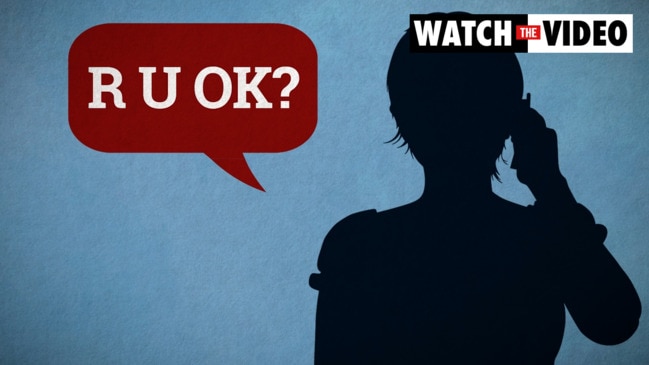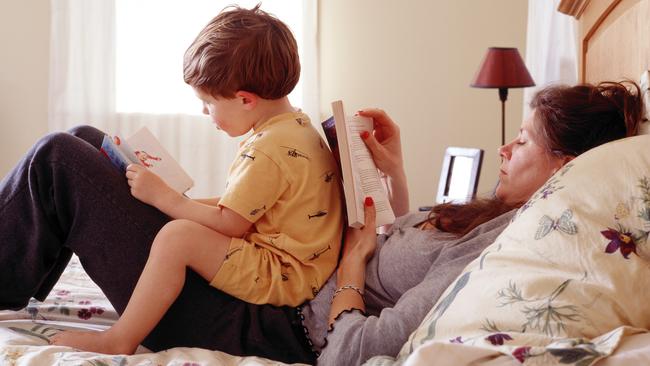RCH Poll: Parents struggle to recognise the signs of mental illness in their children
A THIRD of Australian parents mistakenly believe that mental health problems in their children might be best left alone so they can work themselves out over time.

VIC News
Don't miss out on the headlines from VIC News. Followed categories will be added to My News.
A THIRD of Australian parents mistakenly believe that mental health problems in their children might be best left alone so they can work themselves out over time.
Many doubt their ability to detect signs of behavioural, emotional and social problems in their offspring.
Parents who connect with their children by reading a book, eating a meal together or chatting on the way to school were the most likely to feel confident in detecting potential issues.
The director of the Royal Children’s Hospital national health poll, paediatrician Dr Anthea Rhodes, said signs of mental health problems were not always as obvious in children as they were in adults.
“Kids are always changing and parents can wonder, is it just another phase or is it something that I need to worry about it?” Dr Rhodes said.

“Red flags that are worth a chat with a professional are changes in behaviour that are particularly tense and go on for more than a few weeks, and things that are affecting your child’s ability to cope with everyday life at home, childcare, kinder or school.”
About a quarter of parents did not know that frequent physical complaints, such as stomach aches or headaches or, in older children, backaches or muscle pain, could be a sign of mental health problems.
Early intervention was key to helping children resolve the issues, Dr Rhodes said.
“We know from research that mental health problems have a better chance of a good outcome if they are dealt with early before a problem becomes embedded and difficult to treat,” she said.
“Many mental health problems that adults suffer from have their beginnings in childhood, so it’s really important to intervene early before things become entrenched.”
One in three parents said they found it hard to connect with their children because of a lack of time.
“It’s not about finding extra time or having special events, the best way to do this is to build it into the habits of everyday life,” Dr Rhodes said.
“It’s about putting away the distractions, which are so present in life, and taking just a few moments to focus on and interact with your child.”
Fewer than half of the 2000 parents surveyed were confident about knowing where to get professional help.
Dr Rhodes said family and friends, GPs and school educators and counsellors could be good sounding boards.
For more advice visit: www.rchpoll.org.au
Signs of a possible mental health problem in a young child include:
- Sadness a lot of the time
- Ongoing worries or fears
- Obsessions or compulsive habits that interfere with everyday life
- Ongoing problems getting along with other children or fitting in at school, kinder or child care
- Aggressive or consistently disobedient behaviour.
- Frequent physical complaints, such as headaches or tummy aches
- Sleep problems, including nightmares.


